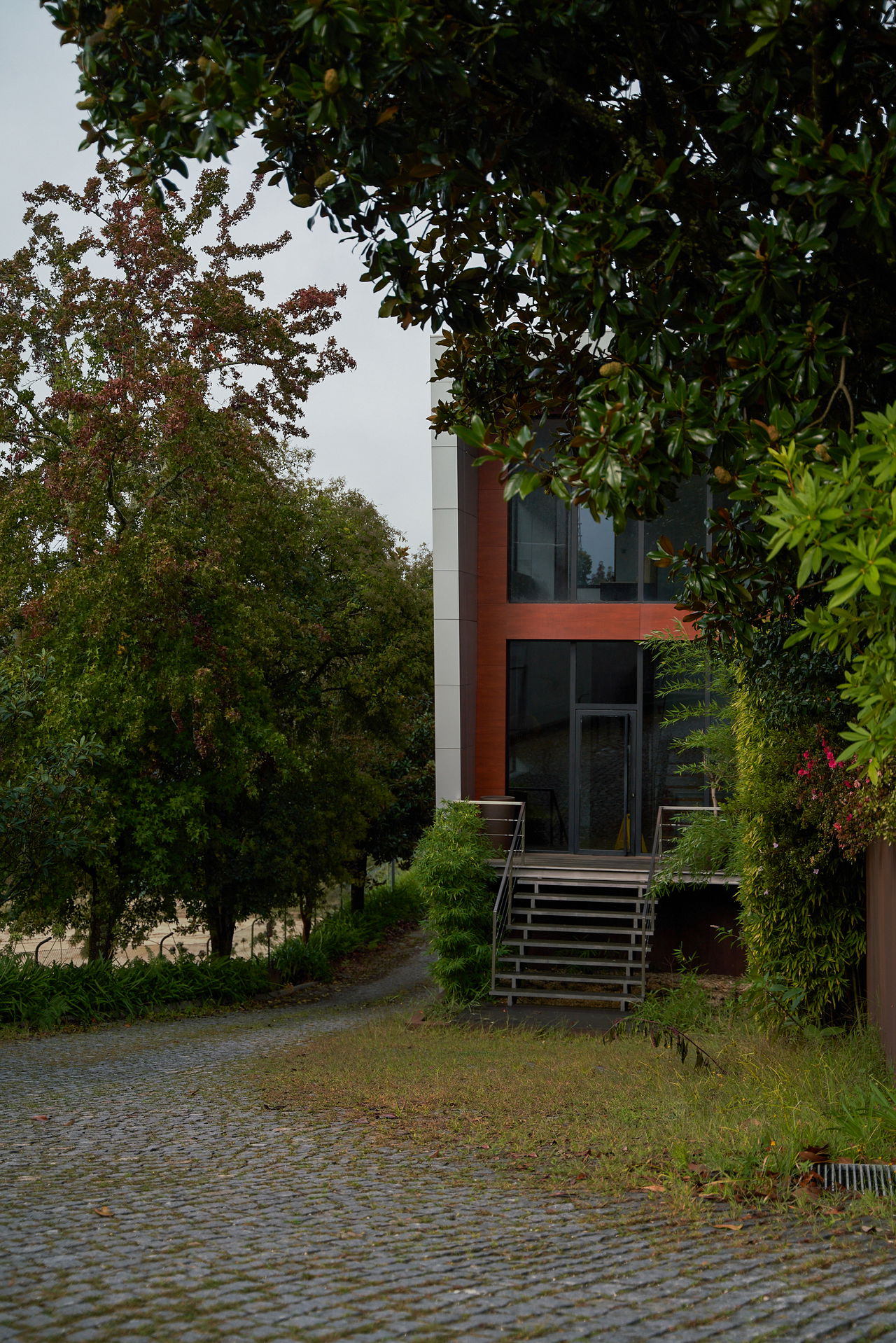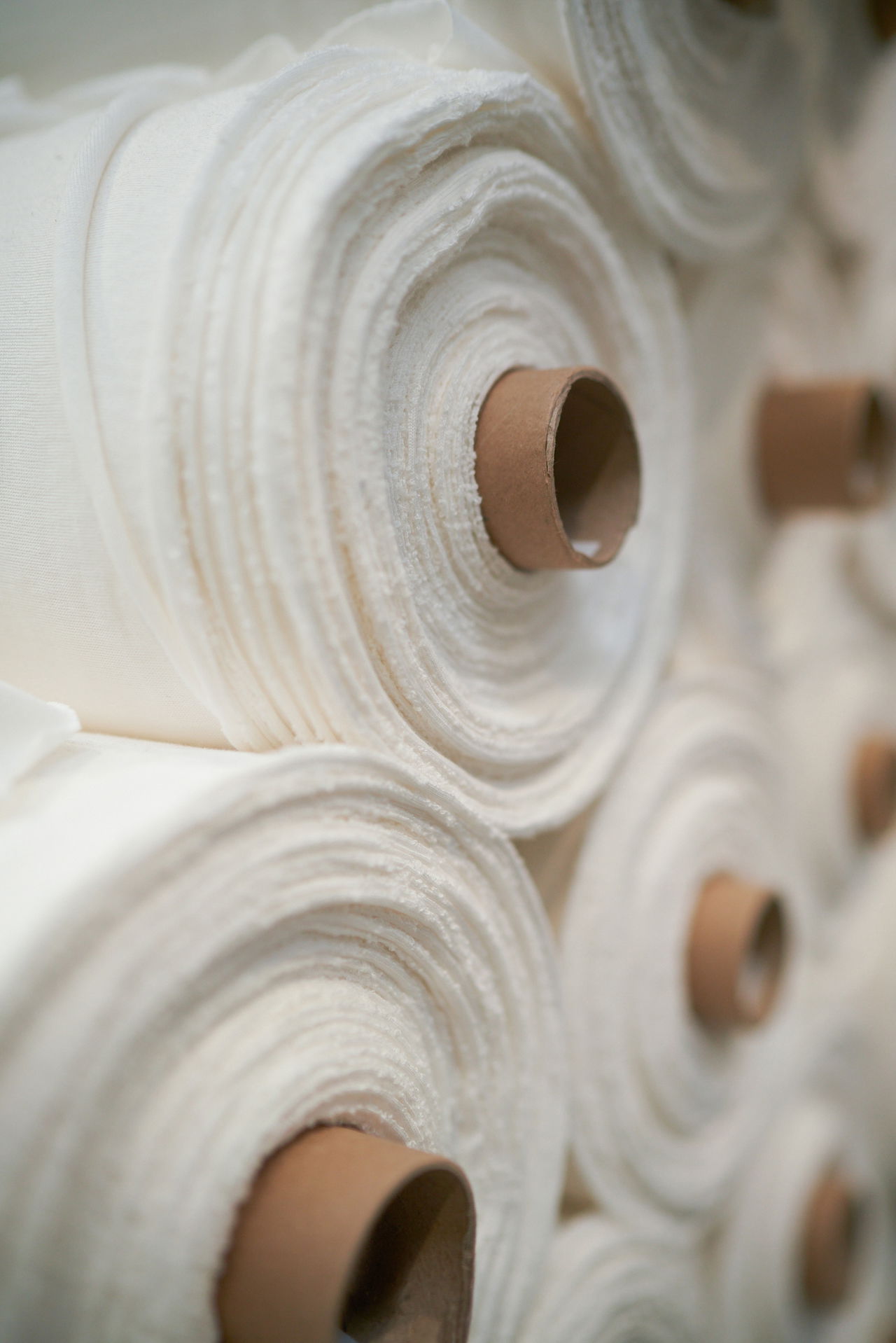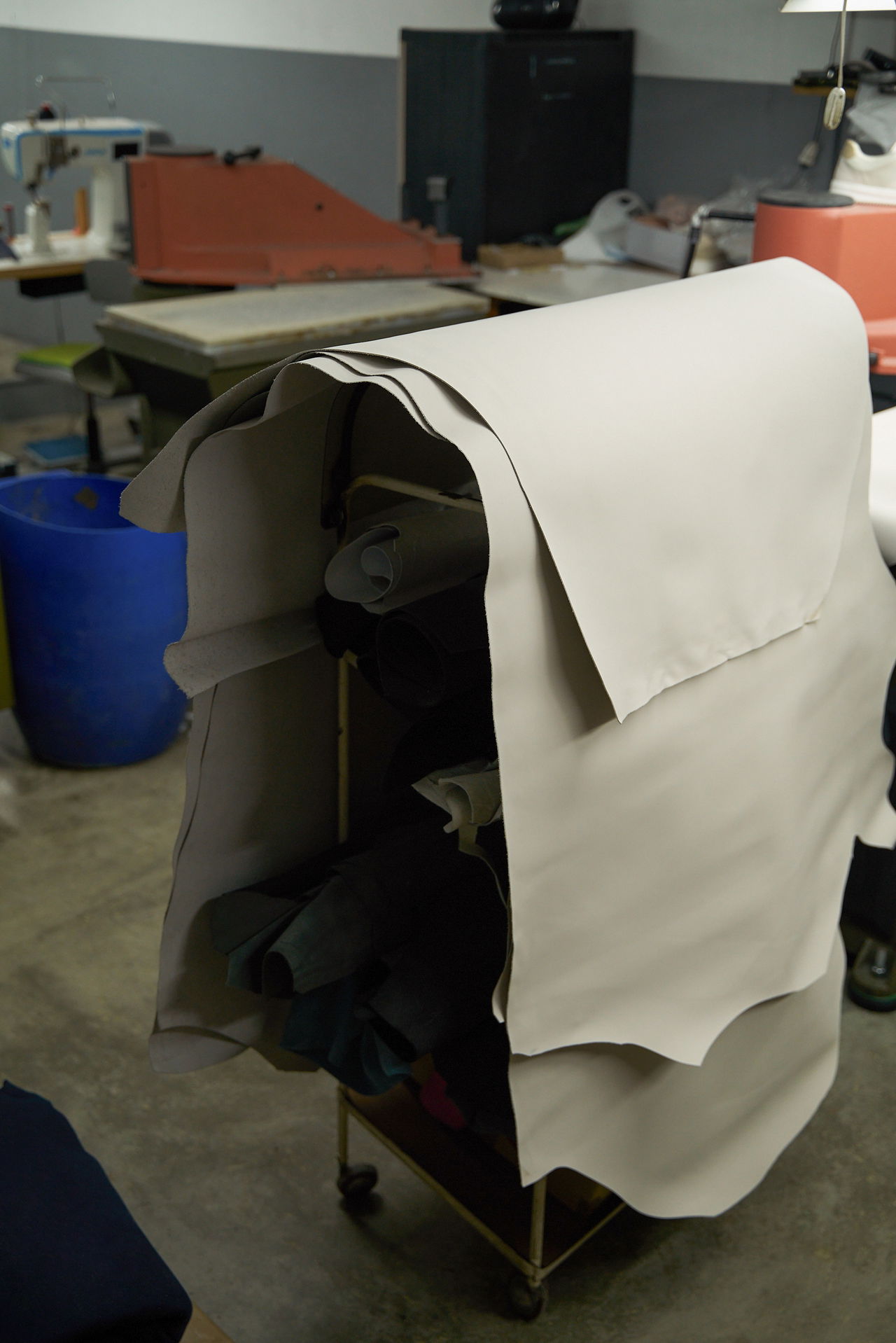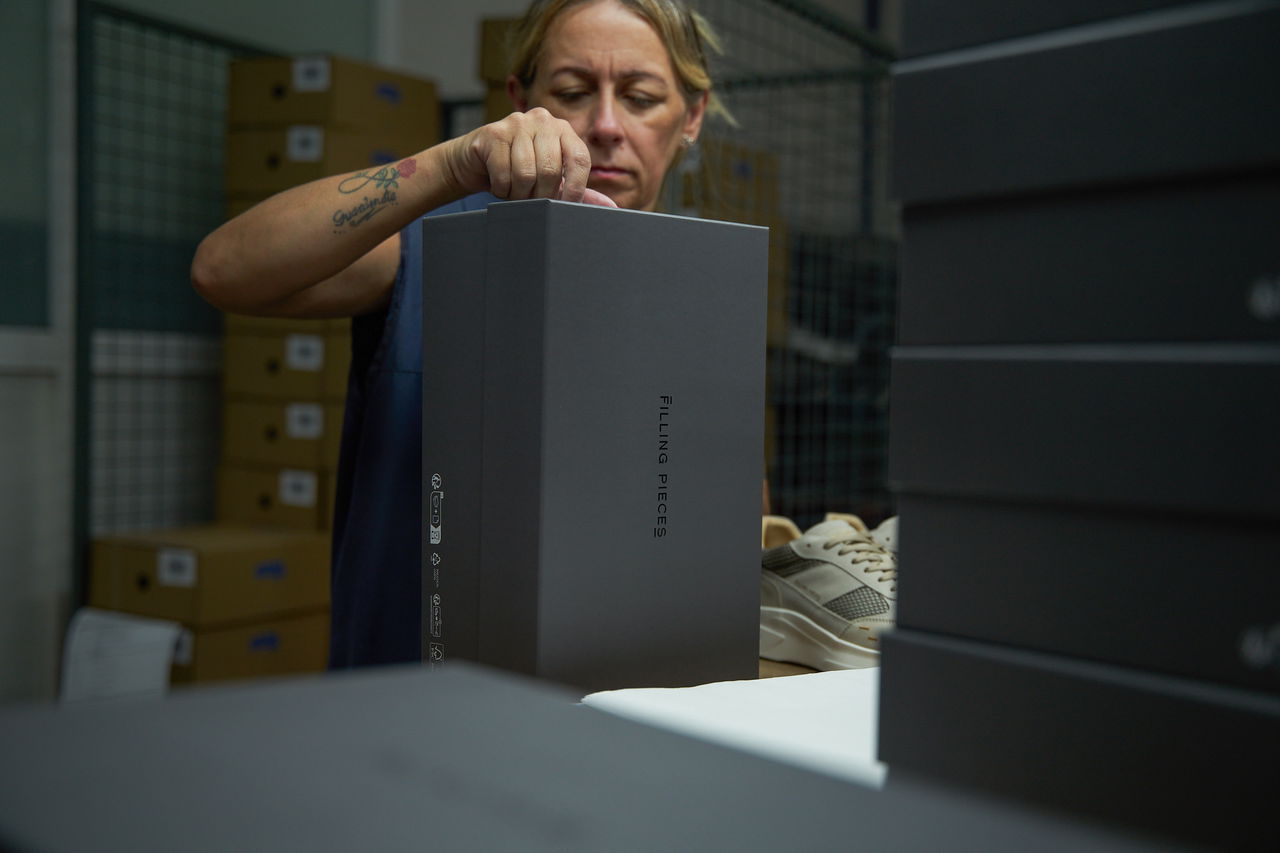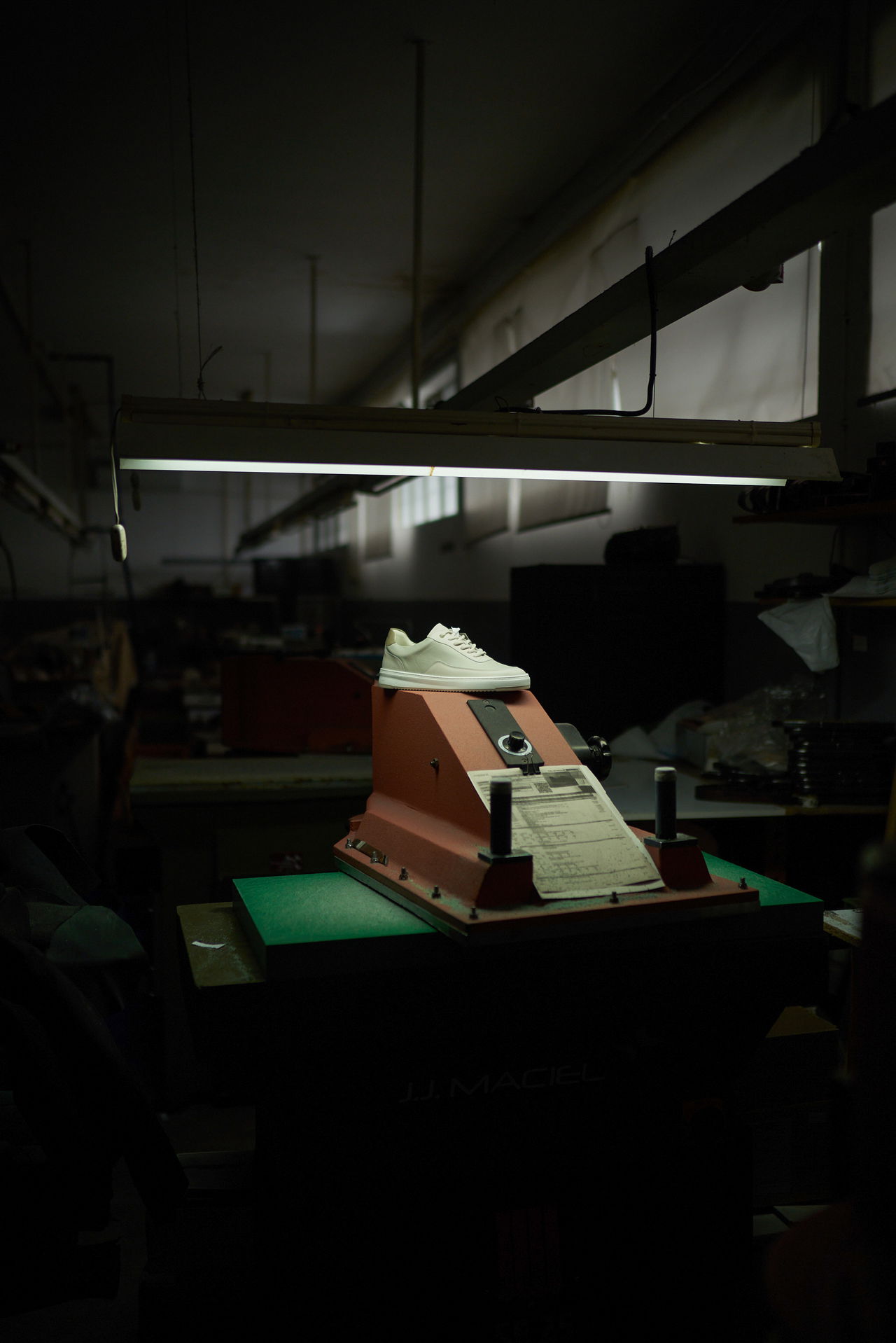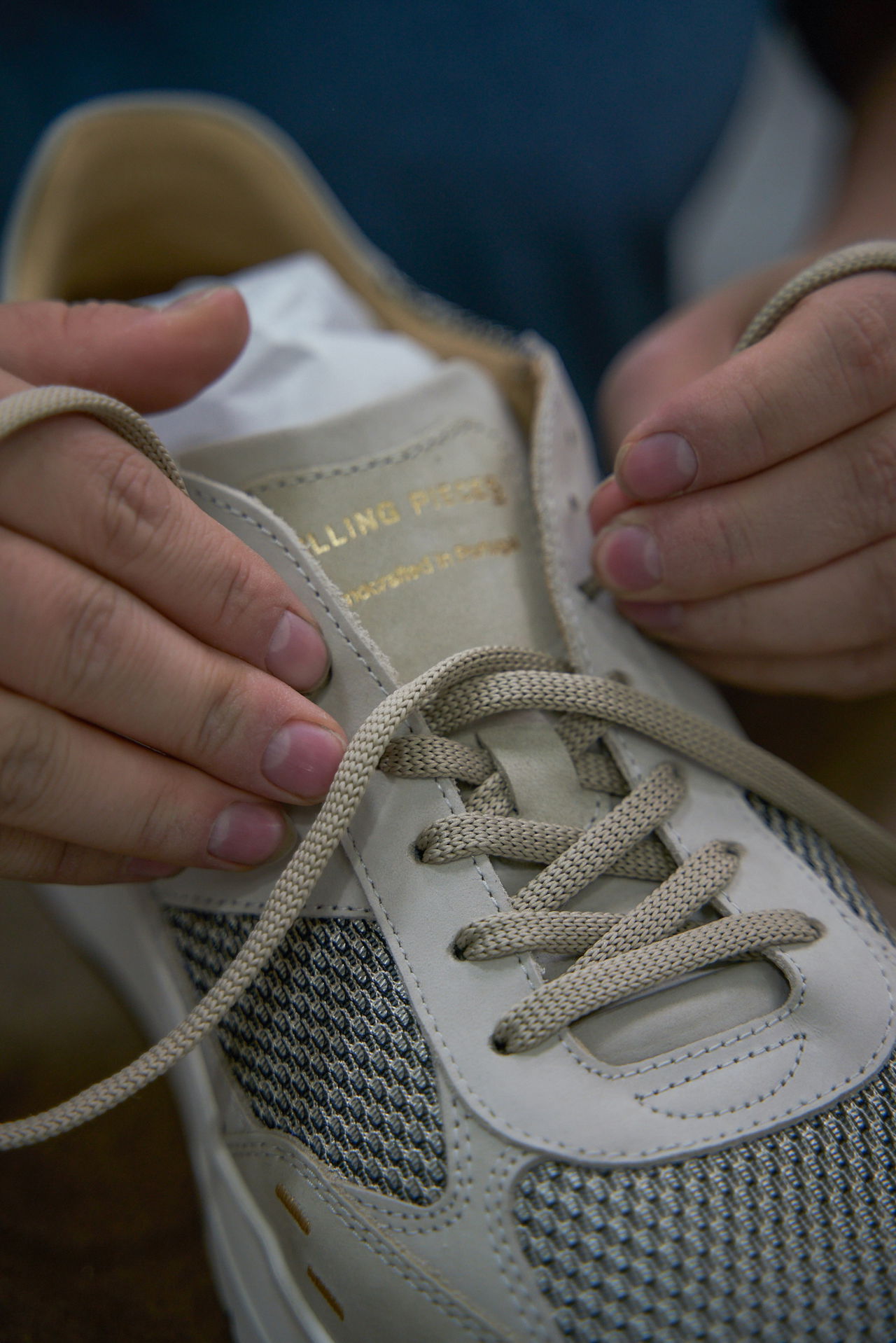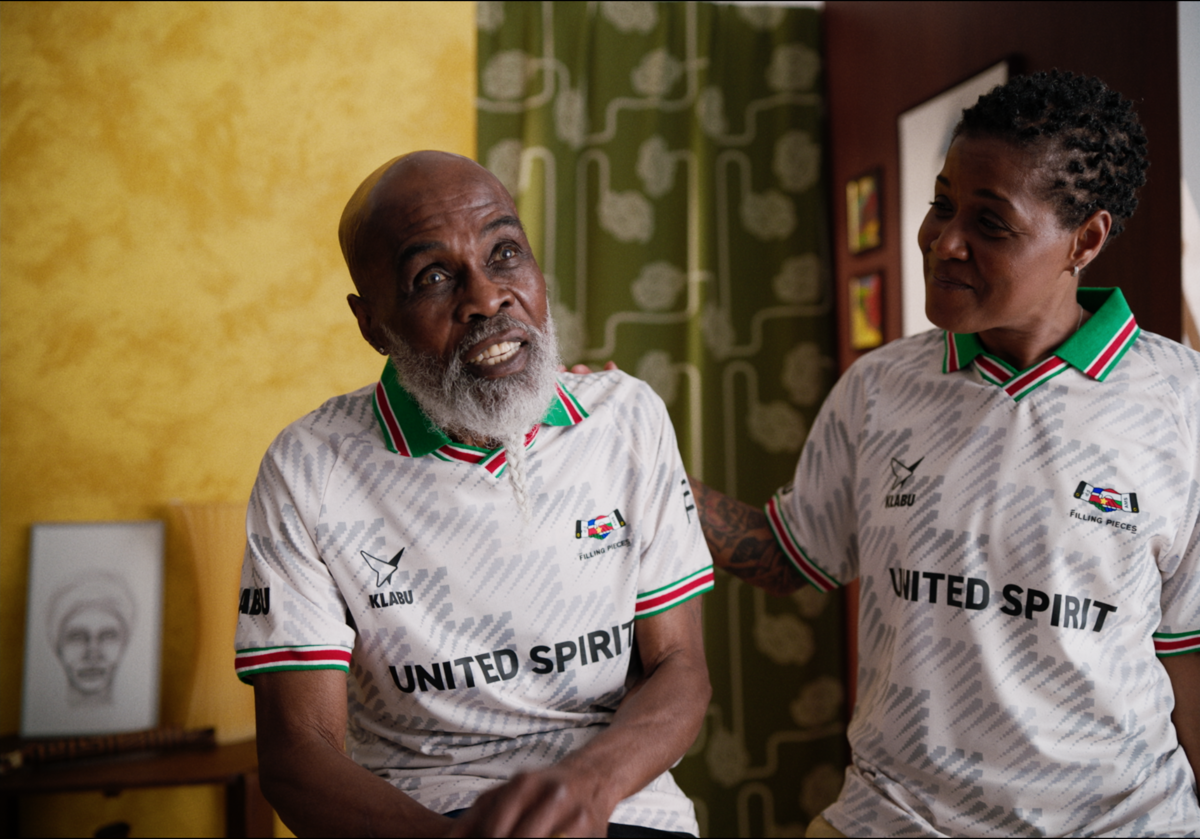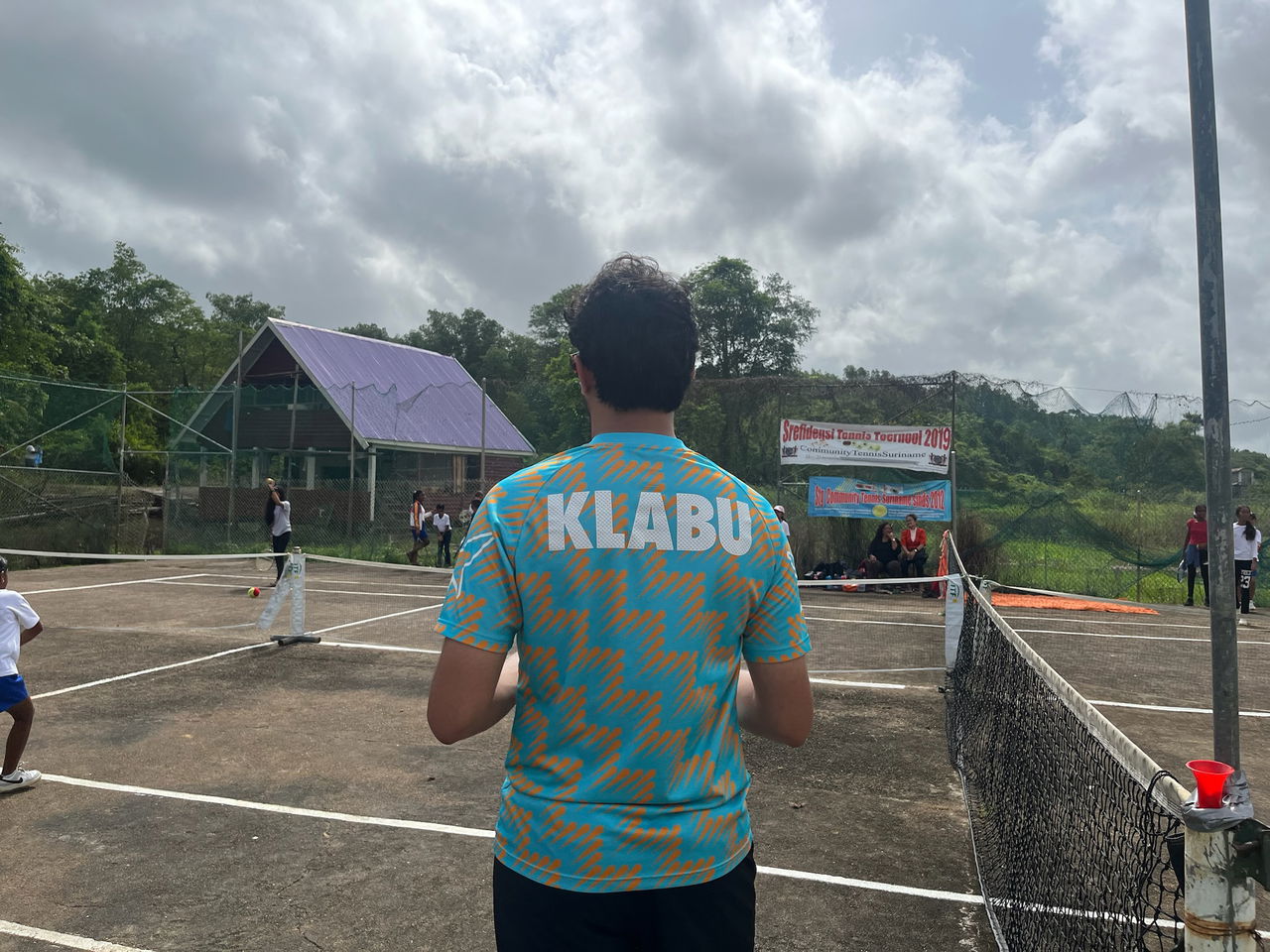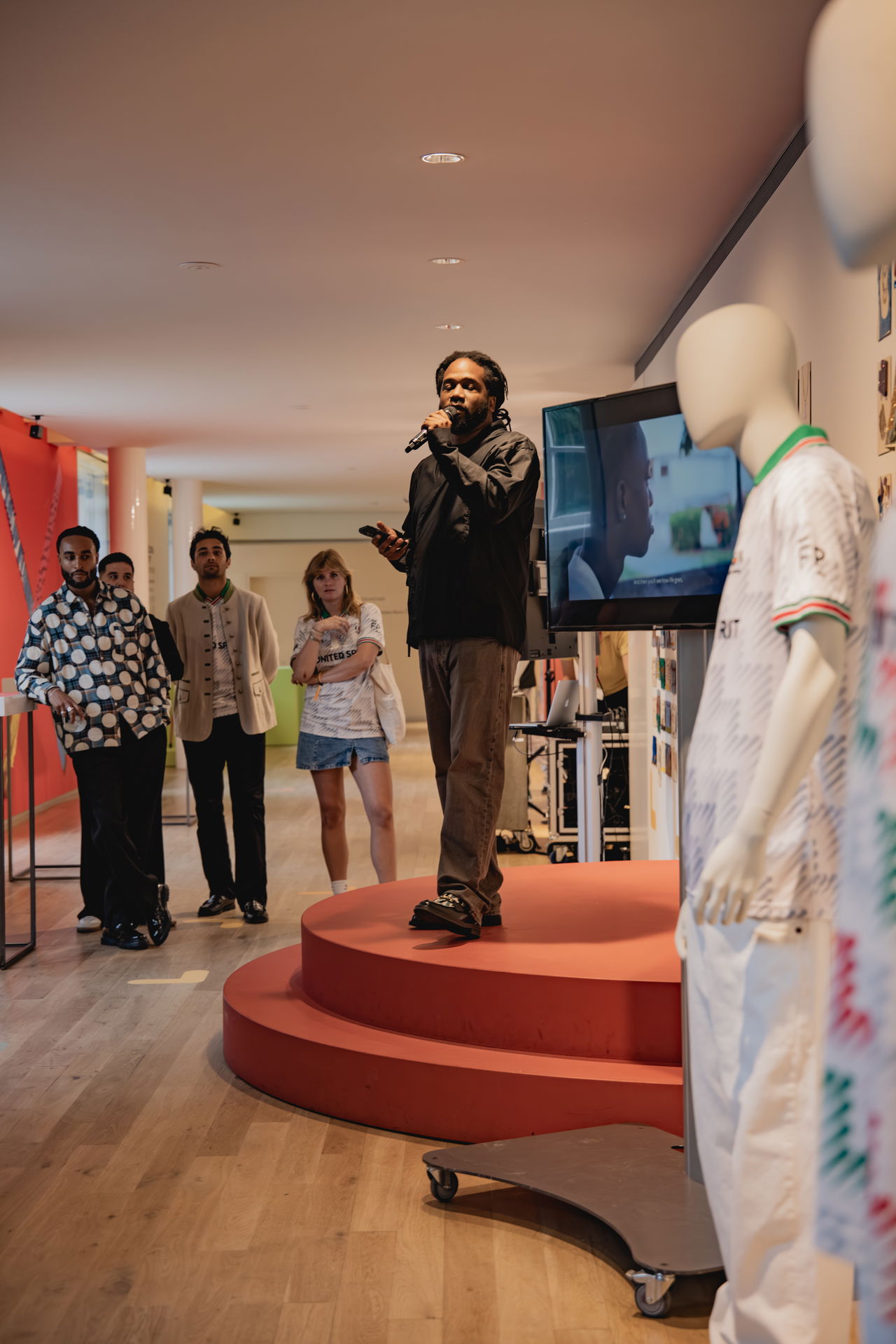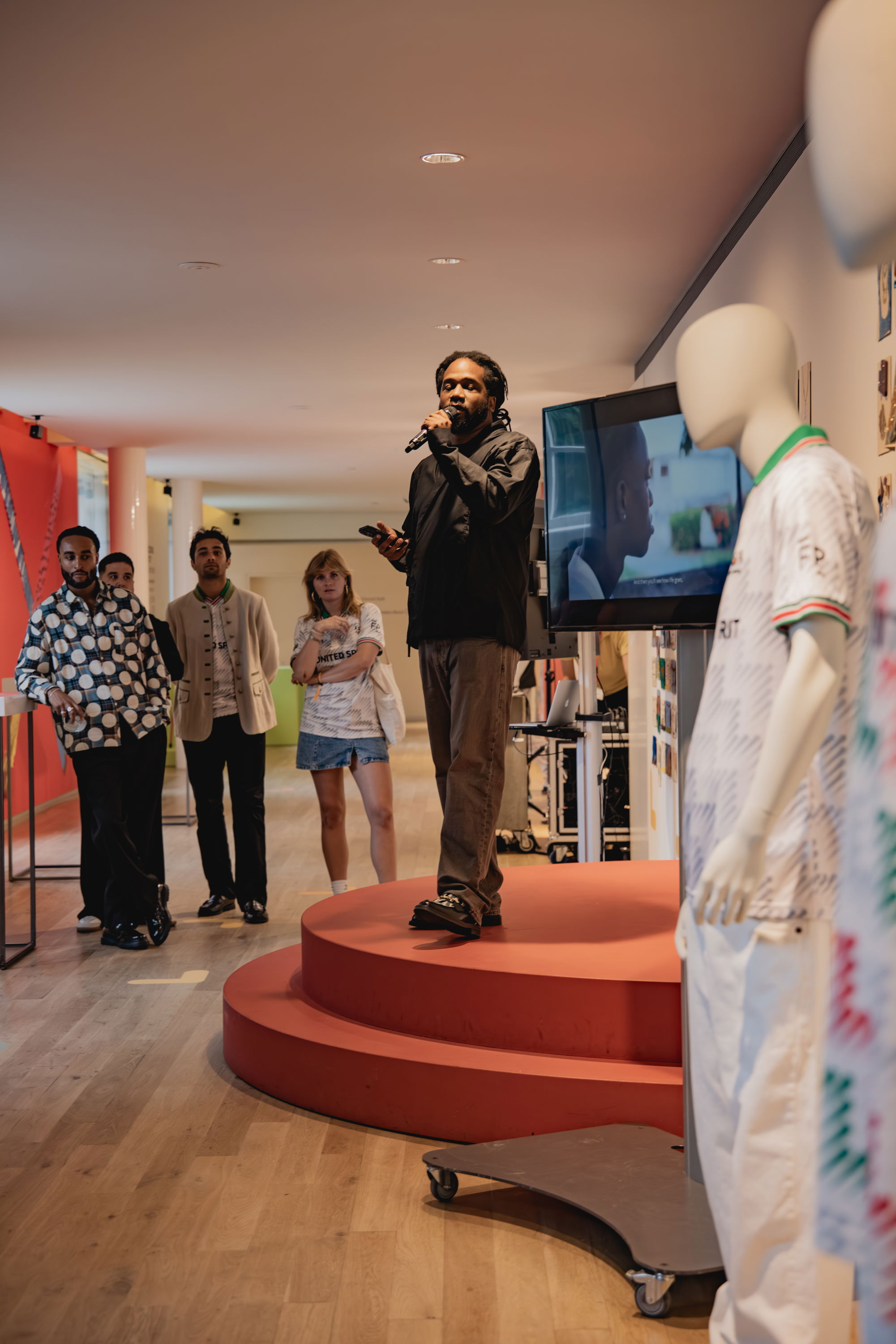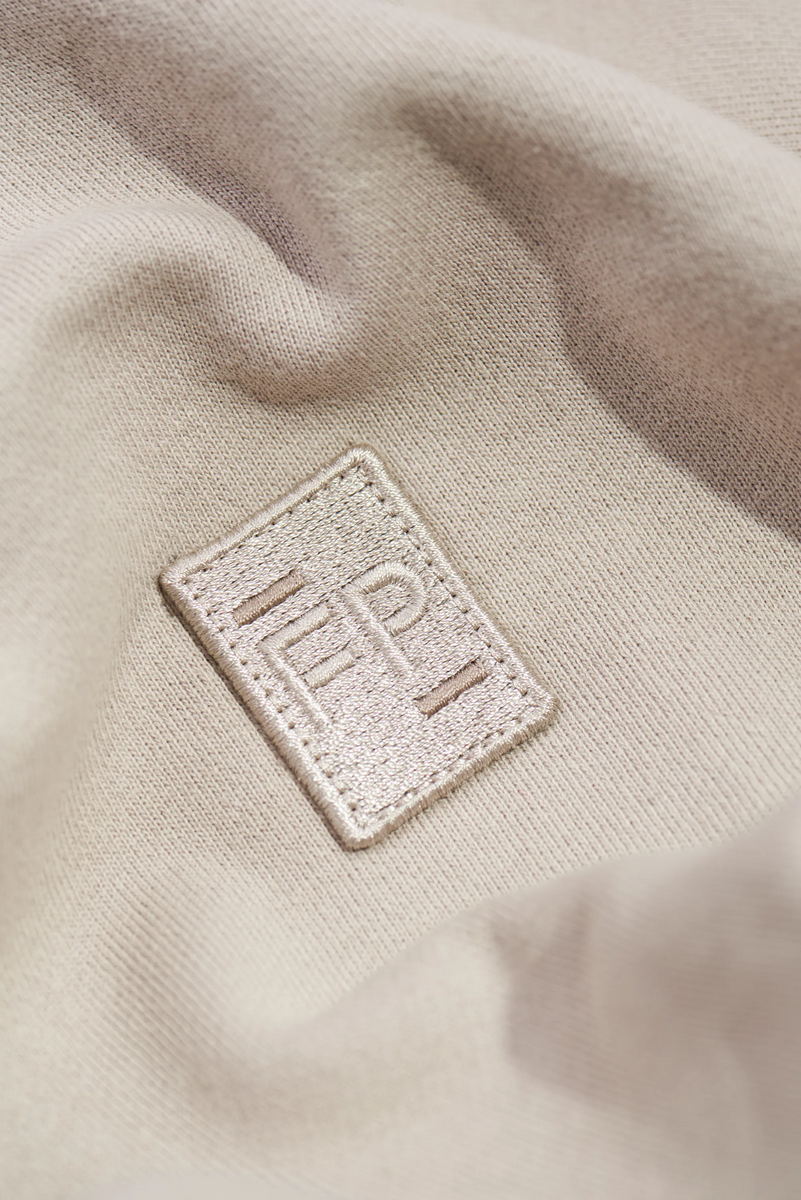Responsibility
We understand that the only way to achieve absolute responsibility is to produce nothing at all. However, we embrace the challenge of responsibility in the fashion industry by maximizing social impact and minimizing our environmental footprint.
For us this starts by creating timeless design and quality products that are versatile enough for any occasion, while making our social impact along the way.
Our key initiatives so far:
Product
Community Involvement

Materials
Our cotton is 100% GOTS (Global Organic Textile Standard) certified, ensuring a minimum of 95% organic fibers. These organic fibers are grown without harmful chemicals and due to its natural processes it promotes healthier soils and ecosystems. This makes it is also safer for the people who grow it and who wear it. GOTS also sets requirements on factories for the consumption of water and energy and for working conditions. From processing, manufacturing to trading, every step is GOTS certified.
• All our shoe boxes are FSC Labeled, which means they are crafted from a mixture of materials from FSC-certified forests, recycled materials, and FSC-controlled wood.
• Our polybags that come with our clothing shipments are 50% made out of recycled plastic.
• We are a member of the Leather Working Group, showing our commitment to working with leather suppliers that are LWG certified.
• 60% of our Leather is sourced from a Leather Working Group Gold Certified supplier and 40% from a Leather Working Group Silver Certified supplier.
In addition 60% of our leather is:
• bovine leather, a by-product to the meat industry.
• made out of 90% biobased renewable materials, our tannery is the world’s 1st tannery with a USDA Biobased Certification.
• Der Blaue Engel Certified. Blue Angel certified products better protect the environment and people's health.
• Sourced from a supplier that is carbon neutral, by their investments, energy efficiency and carbon offsetting projects.
• Oeko-Tex certified, every component of the product, from the fabric to the thread, has been rigorously tested against a list of up to 350 toxic chemicals.
Our Shoe Components:
• 90% of our shoe soles are sourced from suppliers holding ISO 14001 and 9100 approval. ISO 14001 is an internationally agreed standard for environmental management. ISO 9001 is an internationally agreed standard for quality management.
• Our shoe linings are 95% Oeko-Tex certified and PETA Approved Vegan friendly. PETA Approved signifies that it is cruelty-free and doesn’t involve animal-derived materials.
• Not forgetting our cotton laces and nylon pull straps, they are of course also Oeko-Tex Certified.

Textile Responsibility
Together with Second Life Textile we collect used clothes and textile at our Flagship Store to give them a second life. Whether your used clothes are becoming cleaning rags, mattress stuffing, or transformed into new yarn for stylish clothes, your contribution matters!
As a member of Stichting UPV Textiel, a Dutch foundation championing Extended Producer Responsibility (EPR), we take accountability for our entire product lifecycle to increase the percentage of waste for reuse and recycling. From creation to waste.
The EPR holds us accountable for:
organizing and financing a seamless separate collection system.
Ensuring the recycling and reuse of collected textiles.

Our Team and Social Impact
At Filling Pieces, we've cut down on travel, really embraced remote work, and are using eco-friendly transportation. Our office, easily reachable by bicycle and public transport, runs on green energy, embodying modern efficiency.
We make sure to fly with a purpose and that all our booked flights are carbon neutral when possible. It's about reaching our destination responsibly.
Our team works partly from home, reducing unnecessary travel. Our modern office space matches with our hybrid work policy. In 2022 our office was powered by 95.8% wind energy, 4.1% hydropower energy, and 0.1% solar energy.
At Filling Pieces we have created our own Culture Club, where our culture club team brings our five company values to life, educating and inspiring our team.
These 5 values weave through all our activities, serving as a guiding thread:
• United by Diversity
• Driven by Culture
• Independent Creativity
• Pragmatic Ambition
•Transparency

Charity
Products falling short of our quality standards or illegal copies of our shoes don't go to waste. Normally these products have to be destroyed, but at Filling Pieces they become a force for good. We intentionally send them to charity organizations we proudly support.
Our Culture Club ensures we engage in social activities organized by our trusted charities, fostering connections like sports events with immigrants and refugees at Klabu.
Each year on July 1st, we close our office to celebrate Keti Koti, commemorating the end of slavery in Suriname and the Netherlands Antilles. As the founder of Filling Pieces is of Surinamese descent. We go beyond by creating limited edition soccer jerseys, with 2022 proceeds supporting the Ilonka Elmont Foundation. In 2023, we've teamed up with Klabu's community to build the Filling Pieces x KLABU Clubhouse in Suriname. Your support really makes a difference!

683
We have created a Low Top line which is made more responsibly. This Low Top line is called the “Low Top 683”, because 6,83 Euro is the total additional cost to produce a more responsible shoe. Here's the breakdown of the additional costs for each component that makes the Low Top 683 a responsible choice.
SOLE
We substituted a petroleum-based eva compound for a bio-based sugarcane alternative.
+ 1,00 EURO
ORGANIC COTTON
Eliminating the use of pesticides and respecting cotton plants’ natural life cycle.
+ 0,20 EURO
INSOLES
Our factories are in Portugal - the country that produces 1/3 of the world’s cork. We switched a plastic-based PU sole for one constructed of recycled cork.
+ 0,00 EURO
CO2 EMISSIONS
We offset transport and factory emissions by investing in carbon-negative projects.
+ 0,61 EURO
ORGANIC LEATHER UPPERS
We work with Trace your Leather Coorperative (TLC) using organic hides - a byproduct of cows raised for organic meat. Traditional tanning methods have been substituted for a chrome-free process, eliminating the use of metals.
+ 4,22 EURO
LINING
Organic leather lining isn't yet available to us so we used a more responsible alternative in the form of recycled pet mesh.
+ 0,80 EURO

Life Cycle Analysis
Curious about the real impact? A third-party-verified Life Cycle Analysis of our Low Top 683 reveals the power of your choice. Compared to conventional products, it's a game-changer—83% better for climate change, 90% better for water use, and 37% better in transportation.
We've teamed up with True Cost Label for a comprehensive Life Cycle Analysis (LCA). Specializing in the fashion sector, they break down our supply chain at a granular level. The product is broken down at a component level, looking at every single kilogram of material and production process needed to make the shoe, capturing the full environmental and social impact. From leather tanning, rubber synthesis to the cutting, stitching, pressing and molding, and every step in between, our LCA covers it all. We're not just making a more responsible shoe; we're creating transparency. The environmental and social impacts of raw material production and manufacturing are calculated, giving you the true story behind your footwear. For this they make sure to also trace the transportation routes, from the raw materials to our store, revealing the total kilometers our product travels.

Transparent Manufacturing and Lasting Quality / Design
Our products are a testament to the skill and dedication of Portuguese artisans. Each stitch tells a story, reflecting our commitment to quality. By choosing Portugal, we support local craftsmanship and combined with our holistic design process in Amsterdam we create quality products that are timeless and versatile in design.
Our entire footwear collection is proudly crafted in Portugal, following rigorous EU guidelines. We stand for fair wages, safe working conditions, and a positive impact on the communities that shape our creations.
We have a longstanding partnership with a selective number of factories. Our Portuguese factories, producing 95% of our products, aren't just factories—they are family businesses that have been perfecting the craft of making quality products for 25 to 40 years. Passion, spirit, and enduring relationships with their employees and clients define them. We believe that a strong foundation of a respectful partnership with all our factories, is the first step of crafting a high quality product. That’s why our production team considers the factory as a part of the team. We wholeheartedly believe that our factories and their hard working team is a key contributor to the success we have had over the years.
Our manufacturers follow the High Facility Social Labor Module from the Higg index, to measure and grow sustainability practices and to ensure social impact in terms of wages, working hours, health and safety and employee treatment. Our local teams in Portugal and Amsterdam work closely to uphold regulations and foster a positive impact in the communities we touch

CO2 Reduction
Aligning with the Paris Climate Accord, we're taking bold steps to reduce CO2 emissions in scope 1 & 2. In 2021, we made the switch to a 100% green energy provider, slashing our 2021 CO2 emissions by a net 70%. In 2022 our energy provider’s green energy was generated by 95.8% windmills, 4.1% hydropower stations, and a dash of 0.1% solar energy.
At our HQ we use green energy. In 2022 our energy provider generated energy by wind turbines (95.8%), hydropower stations (4.1%) and solar power (0.1%). Our energy provider explains green energy as follows; The Dutch electricity grid contains a mix of green and gray energy. Green energy comes from natural sources, such as the sun and wind. Gray energy often comes from coal-fired (fossil) power plants. Obviously you don't get different power out of your socket if you choose green energy instead of gray energy. But this way you contribute to power production from natural sources. Because the more people demand 100% green energy, the less coal-fired power is needed. Imagine the power grid as a big pool full of green and gray energy. From that one pool we all tap our energy. So the more green energy that goes into the pool, the less gray is needed to fill the pool.






